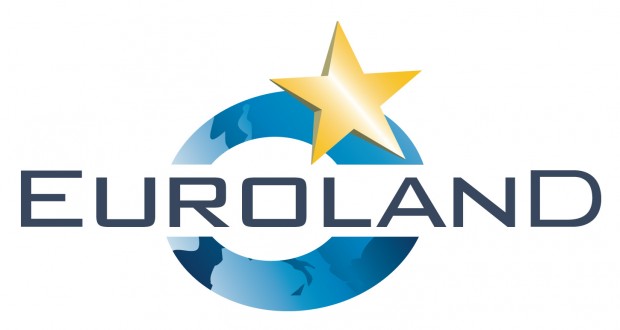There are certain things which are Euro-politically incorrect, yet true. Thus, in the name of the truth, we must tell those things as they are, even if that might cause raised shields, or an outcry, from all those who consider themselves the guardians of the temple of the European integration process. The enlargement killed the process of the European integration, and the same enlargement was imposed by certain interests wishing to reduce the European Union to a simple free trade area. Today, these same interests are about to annex the single European market by a transatlantic free-trade treaty, the TTIP. The circle will be closed, the game will be played, Europe will be limited in its role and will become America`s backyard instead of South America, in a moment when the latter finally manages to get out of its invading northern neighbor`s claws. Americans and British have never hidden their game: Europe was simply an outlet site for their goods, doomed to indefinite enlargement. Yesterday the Eastern European countries – too fast, and Cyprus – too far; today Turkey and Ukraine – too far, tomorrow Georgia – absurdly far. The enlargement has been the way to prevent the process of deepening: any idea of an autonomous Europe, master of its own destiny, having good relationships with both the United States and the rest of the world, was to be avoided. Based on this fact, if we wish to keep the European integration concept alive, we must go back … and tell things as they are: those countries acting more pro-America than pro-Europe will be excluded from the future integration process; those countries not sharing the desire to create a European political union will just have to stay away from this evolutionary process. Nevertheless, they’ll still have access to the free trade area, as that’s what the European Union is all about. This is what they wanted and that’s what they’ll get. They won’t have good enough reasons to complain. Yet, they shouldn’t stop the others from moving forward. This “way forward” is the Euroland, meaning the group of states connected by a common currency, by a monetary union, that will be sustainable on condition that an economic governance is set up ensuring its good functioning through a macro-economic coordination, through fiscal and budgetary unions, which will inevitably lead to/bypass a political union so much needed for the Europeans to regain control over the project. Yet, those who imposed the enlargement on us, aiming to stop European deepening, have sniffed danger and now are doing all they can to block this evolution. They don’t have to invent a new strategy, because the old one is good enough: kill the internal deepening of Europe using the enlargement. In order to avoid all that, each new membership to the common currency should only be accepted if the candidate country commits itself to sharing the objective of the political union completion. After all, this objective was part of the treaty of Maastricht, which set up the monetary union. It was never abandoned afterwards – but never fulfilled, either – because the enlargement was considered the priority, at the expense of the deepening process. Estonia’s recent membership already justifies this question. As a Baltic state, one can understand this country’s apprehension regarding Russia. Still, as a Euroland member state, Estonia must also understand that the security in Europe will not be insured through the Russia-NATO confrontation, but within a European collective security system. In tomorrow’s world, to which the Euroland wants to belong, Russia will be a partner and not a hereditary enemy. Considering the current situation of the EU, belligerent and submitted to the US, we should do anything to avoid the Euroland becoming the EU without the United Kingdom. The EU’s pitiable situation is not just the fault of her Majesty’s government. Some other member states see their belonging to the EU only as a forced passage to becoming a good transatlantic state US ally. This is Poland’s case, by the way. At the end of the reign of the very Atlantist Kaczyński brothers, Donald Tusk’s election as Prime Minister in 2007 seemed to show Poland’s coming out of the post-Wall Fall era. The new leader was carrying on decidedly pro-European, anti-US missile policies, and did his best to re-establish the links with Russia… until July 2008. In that very moment he refused for the last time the installation of the anti-missile shield, relentlessly imposed on him by the US. Yet, in August 2008, he gave in and came out saying that “thanks to the shield, the US and Poland would be safer”. Also, within the Ukrainian crisis, Mr Tusk’s Poland has been playing a primordial role in the growing Euro-Russian tensions. Poland – a determined candidate to the Euro currency in the recent times, what a funny coincidence – must decide which place and role to play in Europe: a loyal ally of the US or a European state within the Euroland? The Euroland project can be successful on condition that the political union is finalized with a limited number of states. Afterwards, the door can be open to all the candidates ready to join under the pre-established terms. The enlargement of the EU proved one thing: any hope of deepenig within a constant enlargement process is vain. The correct order should be imperatively respected.


 LEAP2040 Toutes les informations et archives Europe2040
LEAP2040 Toutes les informations et archives Europe2040



